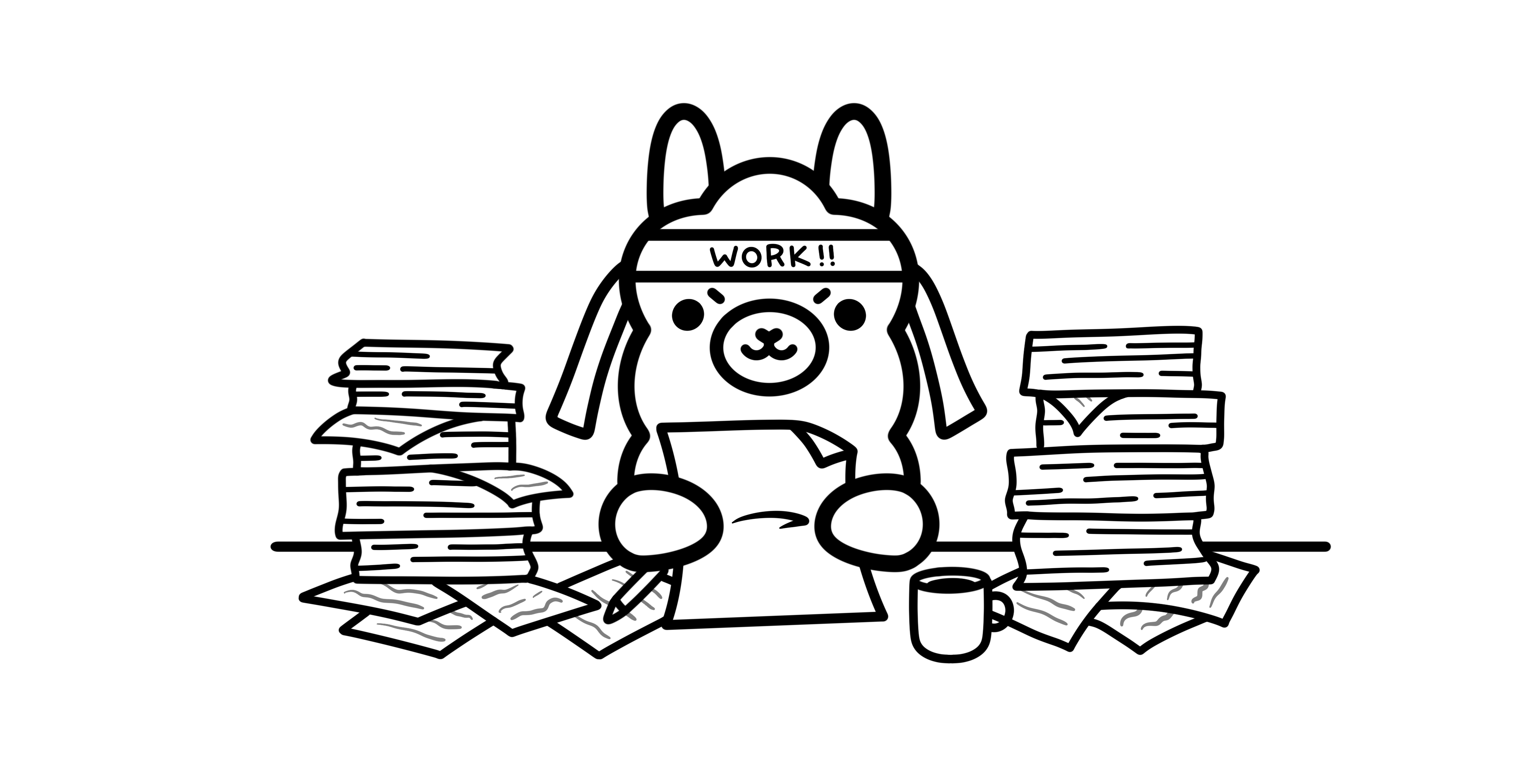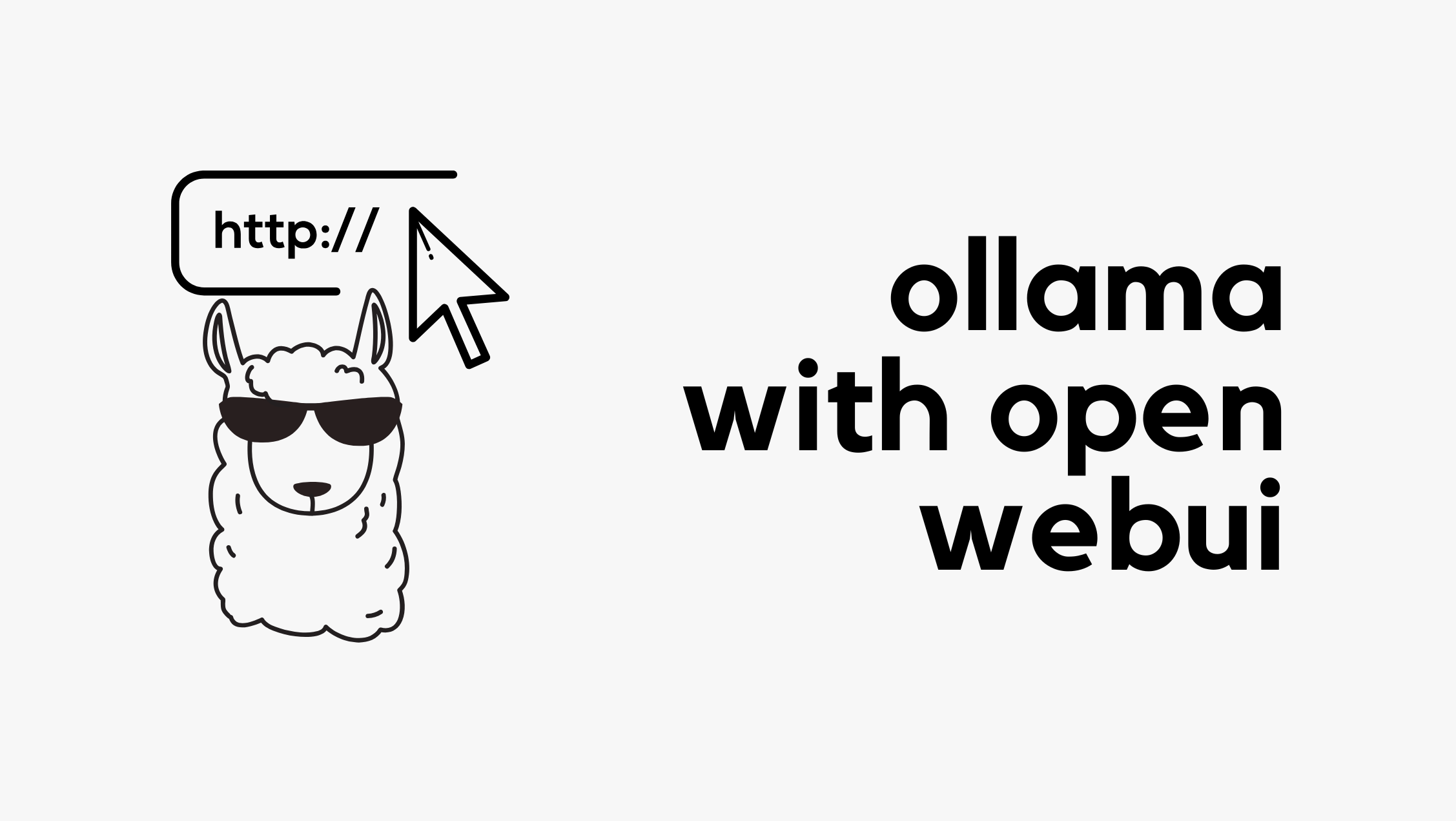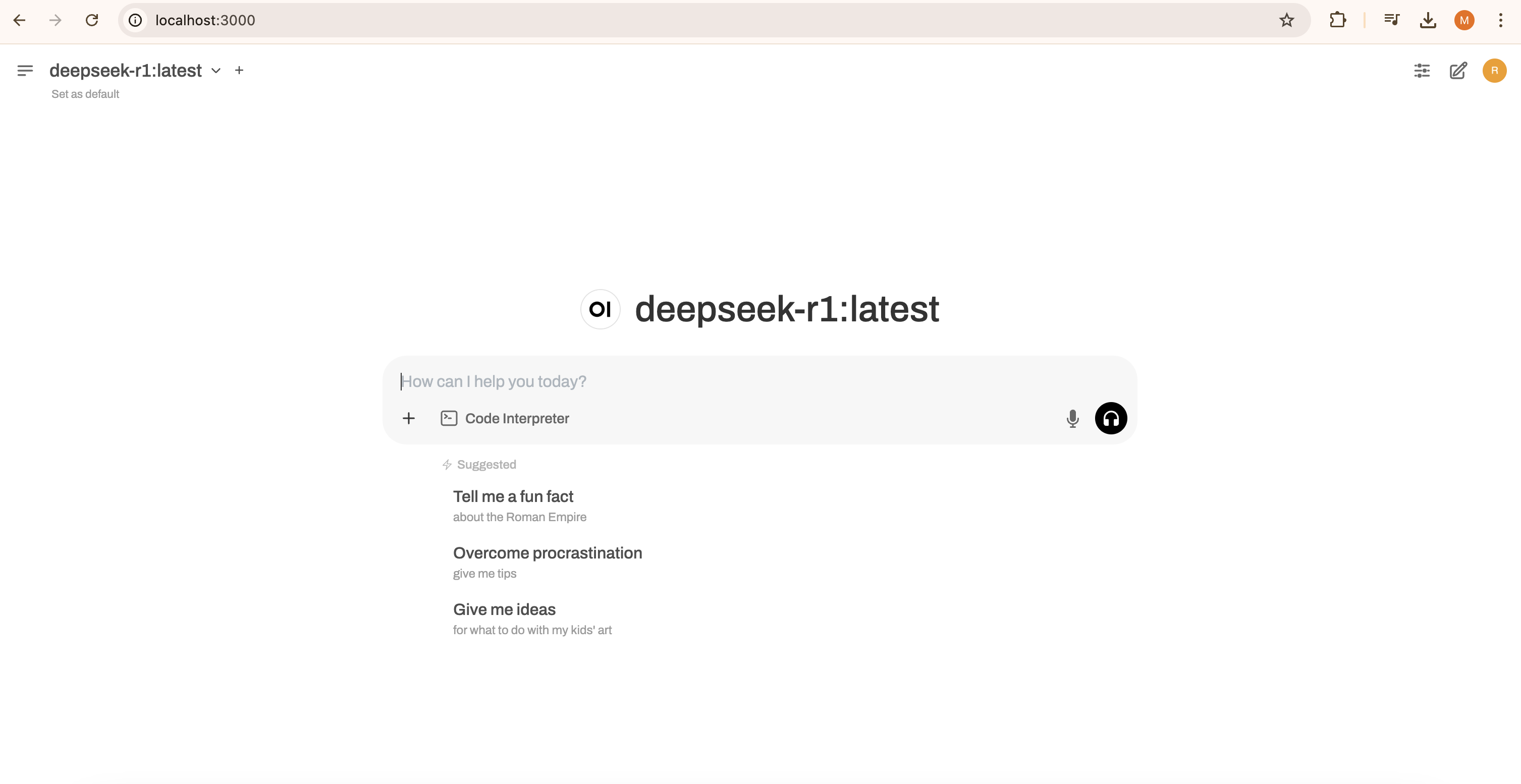Ollama & OpenWebUI Setup Guide: Run LLMs Locally with Ease
 Raghul M
Raghul M
Introduction

Image source : https://www.packetswitch.co.uk/
Ollama is an open-source tool designed to help developers run and develop large language models (LLMs) locally on their machines. It enables efficient AI model execution without relying on cloud-based services, ensuring cost-effectiveness, privacy, and performance.
🔗 Download Ollama: Ollama Official Website
Ollama Commands
1. Running a Model:
$ ollama run <model-name>
- Checks if the model is available locally; if not, it pulls it from the Ollama model registry and run the model
2. Starting the API Server:
$ ollama serve
- Runs the Ollama API on port 11434.
3. Verifying Model Integrity:
$ ollama check <model-name>
- Uses SHA-256 digest to confirm authenticity.
4. Listing Available Models:
$ ollama list
- Displays the locally available models.
5. Pulling a Model from the Registry:
$ ollama pull <model-name>
- Downloads a model from the Ollama registry.
6. Pushing a Model to the Registry:
$ ollama push username:<model-name>
- Uploads a custom model to the Ollama registry.
7. Creating a Custom Model:
$ ollama create my_custom_model -f ./Modelfile
- Builds a custom model based on the configuration in a Modelfile.
8. Check avilable commands:
$ /?
Available Commands:
/set Set session variables
/show Show model information
/load <model> Load a session or model
/save <model> Save your current session
/clear Clear session context
/bye Exit
/?, /help Help for a command
/? shortcuts Help for keyboard shortcuts
REST API Endpoints
Ollama provides REST API endpoints to interact with models programmatically.
Ollama REST API endpoints :
POST /api/generate # Generates responses (supports streaming option).
POST /api/chat # Chat Interaction - Handles chat-based interactions.
GET /api/models # Returns a list of installed models.
POST /api/pull # Pulls a model from the Ollama registry
POST /api/push. # Uploads a locally built model to the Ollama registry.
GET /api/status. # Returns the current status of the running Ollama API.
Creating and Managing Custom Models
Creating a Custom Image
To create a custom model, follow these steps:
- Create a Modelfile with the necessary configurations:
FROM BASE_MODEL:TAG
PARAMETER temperature 0.2
SYSTEM "You are a helpful assistant."
MESSAGE "Welcome to Ollama!"
- Build the model:
$ ollama create my_custom_model -f ./Modelfile
- Pushing a Custom Model to the Registry
$ ollama push my_custom_model
- This command uploads the locally built model to the Ollama registry.
Pulling a Model from the Ollama Registry
$ ollama pull username:my_custom_model
- Downloads and installs a model from the Ollama registry for local use.
Using Ollama with Python
Ollama can be integrated with Python to generate AI-powered responses. Below is an example using the requests library:
import ollama
response = ollama.generate(
model="deepseek-r1",
prompt="What is Deepseek?"
)
print(response["response"])
- This script sends a request to the Ollama API running locally, generates a response using the specified model, and prints the output.
Setting Up OpenWebUI with Ollama
OpenWebUI is a user-friendly interface that enhances the experience of interacting with LLMs like Ollama.

Running OpenWebUI with Docker
You can easily set up OpenWebUI using Docker with the following command:
$ docker run -d --name open-webui -p 3000:3000 -e OLLAMA_BASE_URL=http://localhost:11434 --restart always ghcr.io/open-webui/open-webui:main
This runs OpenWebUI as a Docker container and connects it to your local Ollama instance.
Access OpenWebUI at
http://localhost:3000.
Conclusion :

Ollama provides a powerful way to run LLMs locally, ensuring privacy, performance, and cost-effectiveness. With its easy-to-use CLI commands, REST API support, Python integration, and OpenWebUI interface, it’s a great tool for developers looking to build AI applications without relying on cloud-based services.
🚀 Ready to explore Ollama? Download it today and start running your own AI models locally!
Connect with me on Linkedin: Raghul M
💬 Have questions or feedback? Drop them in the comments below!
Subscribe to my newsletter
Read articles from Raghul M directly inside your inbox. Subscribe to the newsletter, and don't miss out.
Written by

Raghul M
Raghul M
I'm the founder of CareerPod, a Software Quality Engineer at Red Hat, Python Developer, Cloud & DevOps Enthusiast, AI/ML Advocate, and Tech Enthusiast. I enjoy building projects, sharing valuable tips for new programmers, and connecting with the tech community. Check out my blog at Tech Journal.